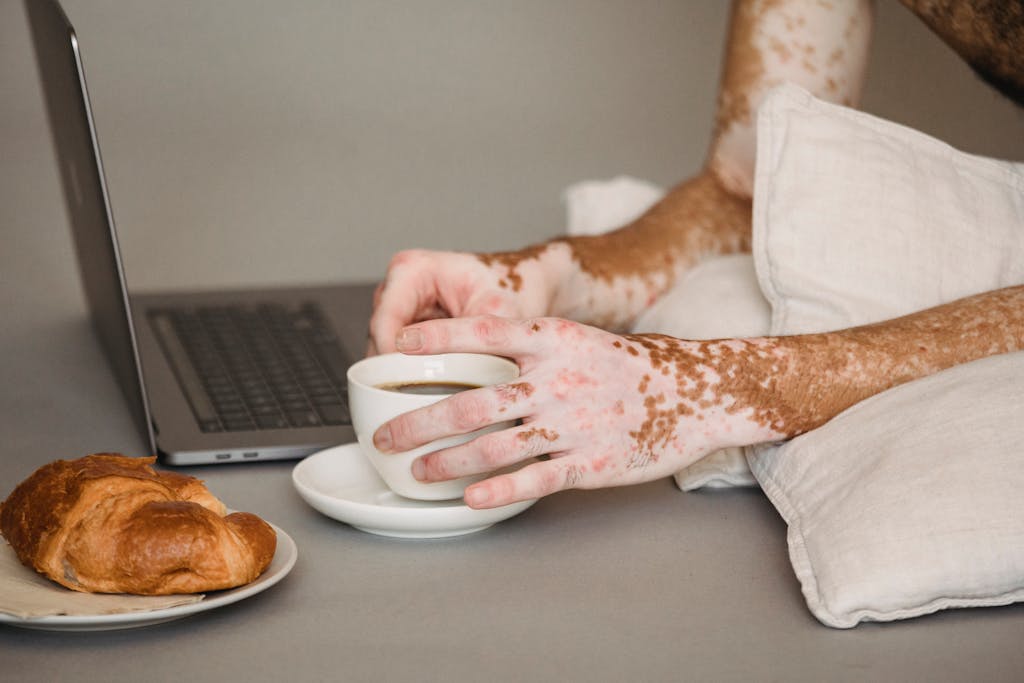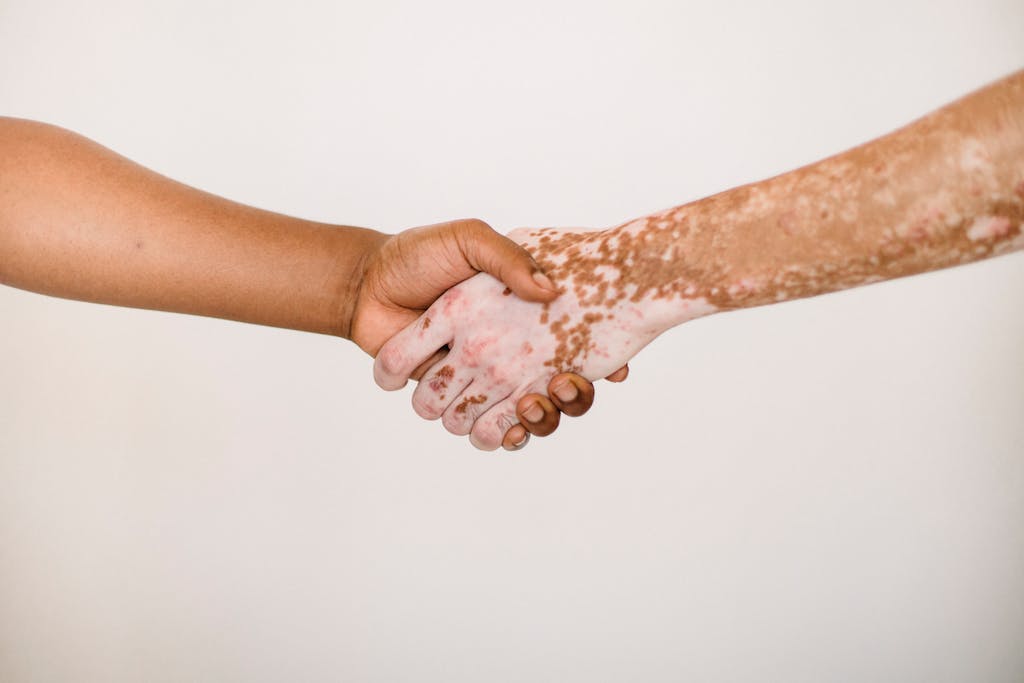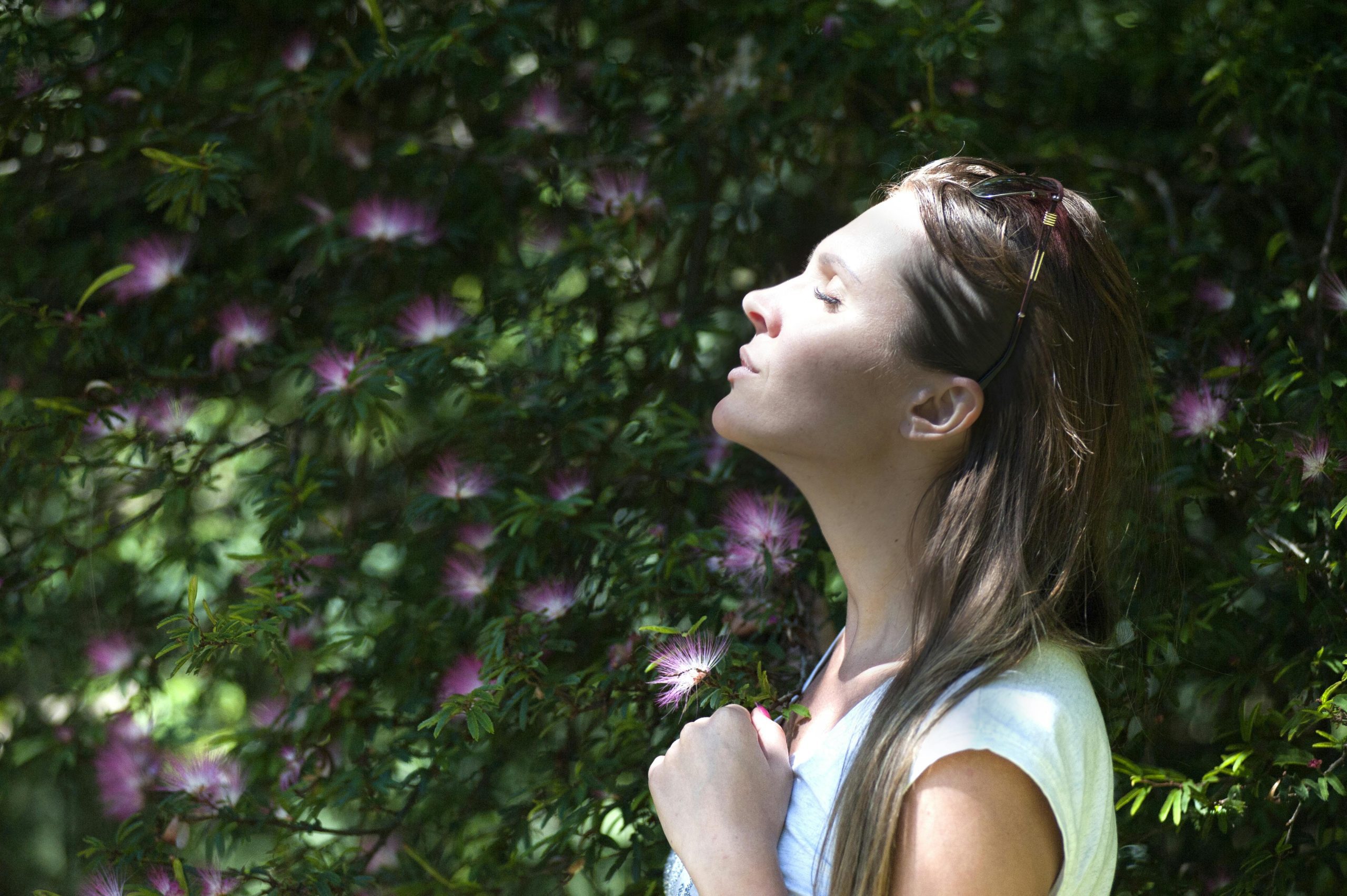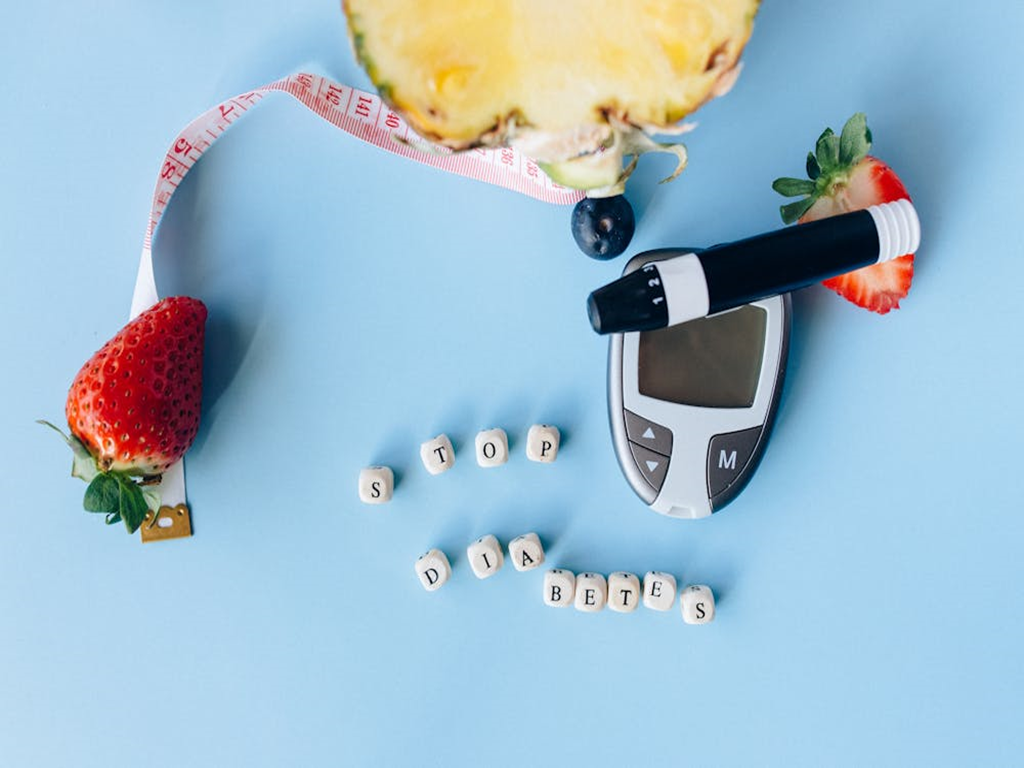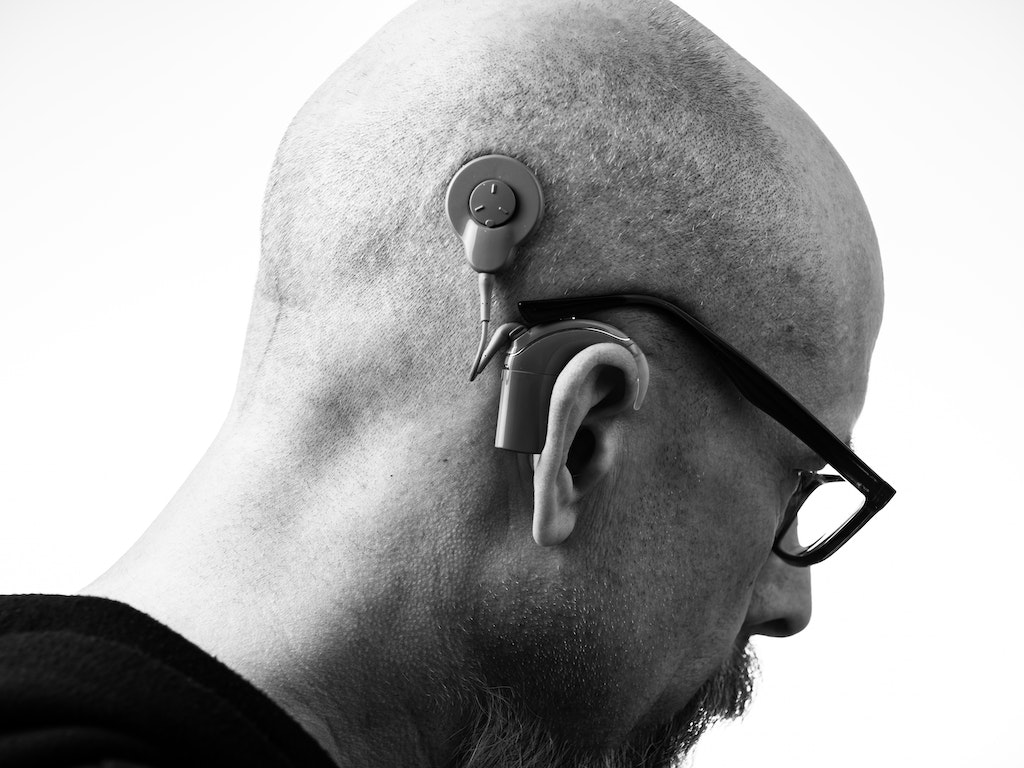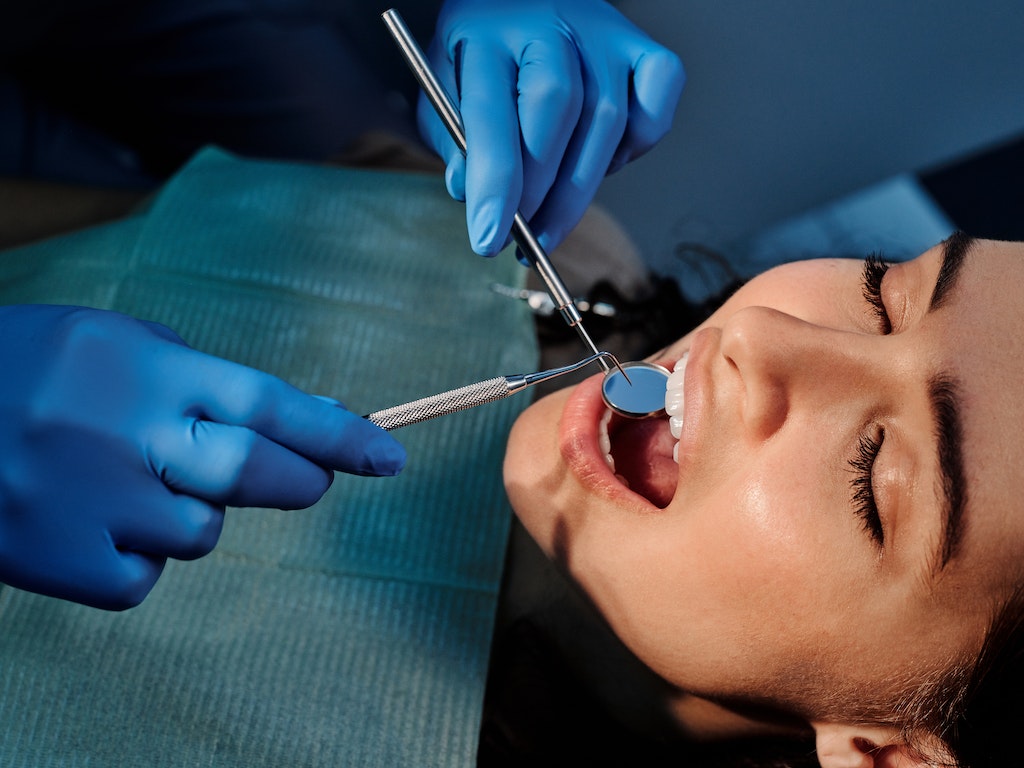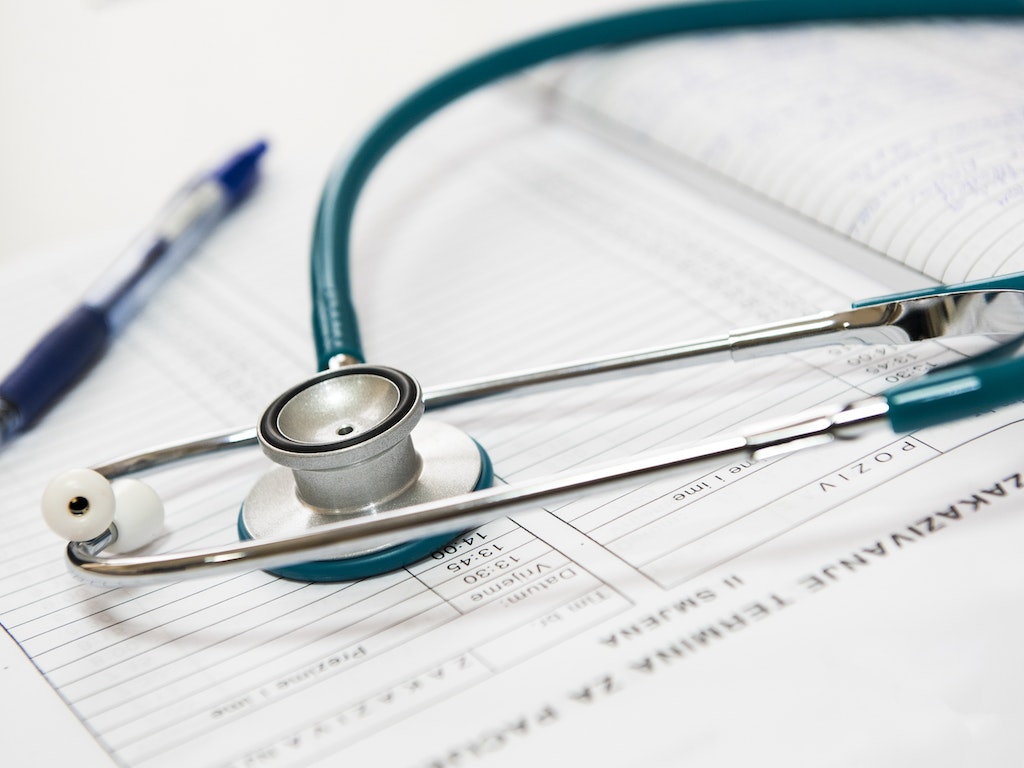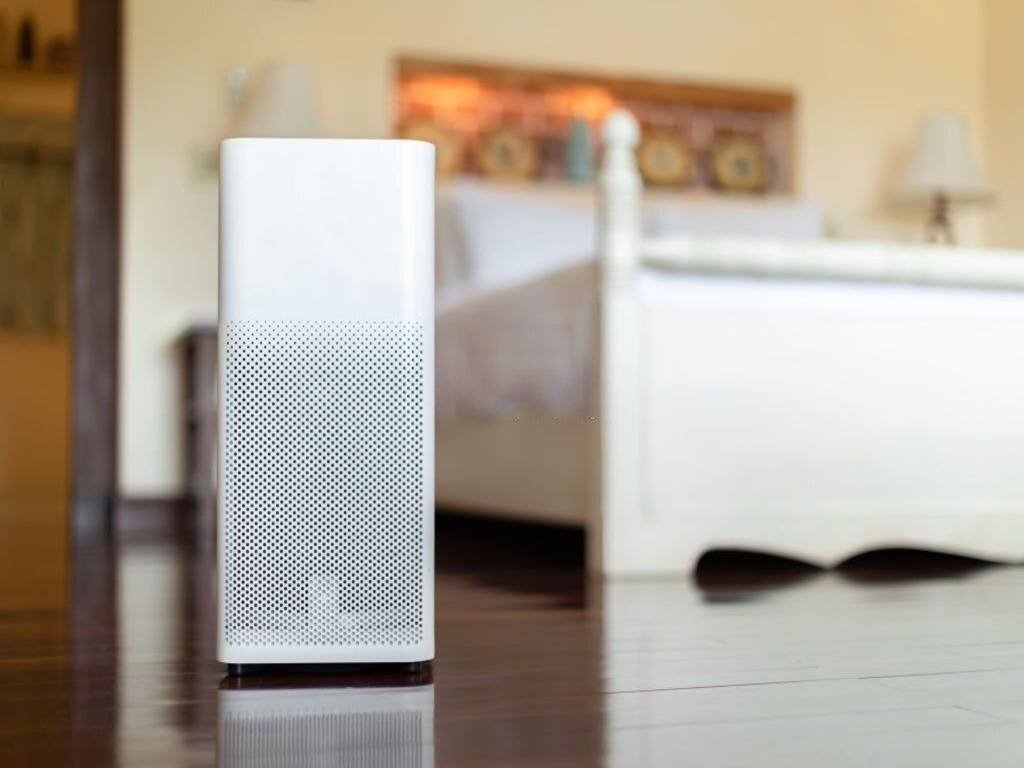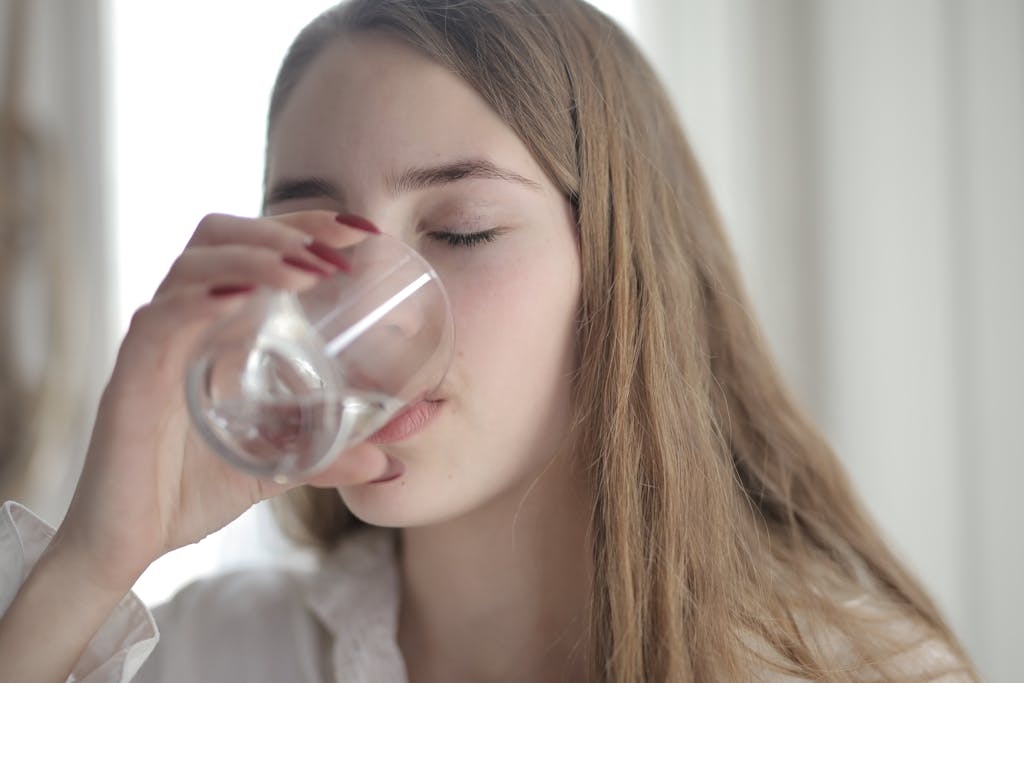
Water is essential for our bodies to function properly, but sometimes it’s easy to overlook signs that we’re not drinking enough of it. While thirst is the most obvious signal, there are other, more subtle signs that you might be dehydrated. Here are five hidden signs of low water intake that you shouldn’t ignore:
Persistent Fatigue
Feeling tired and sluggish even after a good night’s sleep could be a sign of dehydration. When your body lacks sufficient water, it has to work harder to carry out essential functions, which can leave you feeling drained and fatigued. If you find yourself constantly reaching for another cup of coffee to stay awake, try drinking a glass of water instead—it might be just what your body needs to perk up.
Dry Skin and Lips
Dry, flaky skin and chapped lips are common signs of dehydration. When you’re not drinking enough water, your body prioritizes moisture for vital organs, leaving your skin and lips feeling dry and parched. If you notice that your skin lacks its usual glow or your lips are constantly cracked, it’s time to increase your water intake to keep your skin hydrated from the inside out.
Headaches and Dizziness
Dehydration can also manifest as headaches or feelings of dizziness. When you’re dehydrated, the brain temporarily contracts, leading to headaches and difficulty concentrating. You might also experience lightheadedness or dizziness when standing up quickly. Instead of reaching for painkillers, try drinking a glass of water first—it could help alleviate your symptoms and prevent future headaches.
Constipation
Adequate hydration is essential for maintaining healthy digestion and bowel function. When you’re dehydrated, your body absorbs more water from your stools, leading to harder, more difficult-to-pass bowel movements. If you find yourself struggling with constipation, increasing your water intake can help soften your stools and make them easier to pass. Pairing water with fiber-rich foods can also aid in digestion and promote regularity.
Dark-Colored Urine
Your urine color can provide valuable insights into your hydration status. Ideally, urine should be pale yellow or straw-colored. If your urine is dark yellow or amber-colored, it’s a sign that you’re not drinking enough water. Dark-colored urine indicates that your body is conserving water by concentrating your urine, which can lead to dehydration if left unchecked. Make it a habit to monitor your urine color throughout the day and adjust your water intake accordingly.
By paying attention to these five hidden signs of low water intake, you can ensure that you’re staying properly hydrated and supporting your overall health and well-being. Remember to drink water regularly throughout the day, even if you don’t feel thirsty, and listen to your body’s cues for when it needs hydration. With a little mindfulness and a lot of water, you can keep your body functioning at its best.



